Details
- Location: Baviácora, Sonora
- Agave: Pacifica / A. pacifica or A. angustifolia
- Maestro Bacaneros: Roberto Contreras Sr. and Roberto Contreras Jr.
- Vintage: August, 2018
- ABV: 47.7%
- Tasting keywords: Marzipan, spiced cherries, fino sherry.
- Buy it today
Nose
Marzipan, sandalwood.
Taste
The Doña Tules 05 has a rich mouth feel that reminds me of a lightly effervescent spiced rum. It has a great bouquet of spiced cherries, dried fig, preserved lemon, and fino sherry.
Production Details
Roasted underground in a cylindrical brick oven, milled with a mechanical shredder, fermented for 6-10 days with ambient yeasts, and then twice distilled in a 600 liter stainless steel still. The white spirit was aged for 36 months in a single use French oak barrel.
Background Notes
This video introduces you to the Contreras family and their rural distillery in Sonora where they make Rancho Tepua, the Bacanora which is the base for this aged batch.
Roberto Contreras Sr. and Jr. represent the fourth and fifth generations of the family making Bacanora in the area. The Contreras family is royalty in the Bacanora world having put it on the map with the Cielo Rojo label and continuing to develop it through their house, Rancho Tepua, label where they offer a classic Bacanora, a Lechugilla, and a Palmilla.
The Doña Tules project continues to experiment with wood aging offering what, in tequila terms, would be a super añejo. There’s something about the Bacanora and those 36 months in French oak that end up with a spirit far more lively than a classic tequila super añejo and only affirms that there’s a lot of room for this idea because each Doña Tules label just continues to expand the zone of flavor.
Angustifolia or Pacifica, that is the question! There is an unresolved debate about whether to call the agave used for Bacanora Agave Pacifica or Agave Angustifolia. I don’t know the answer but what is locally called a Pacifica in Sonora clearly resembles an Espadín so many people assume that is a localized angustifolia. For now I just want to highlight this question, one of the many in the mezcal world about whether agaves are distinct species and, even if they’re not, what different climate, soil, elevation, and other natural factors contribute to a mezcal.

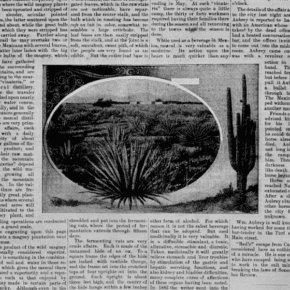
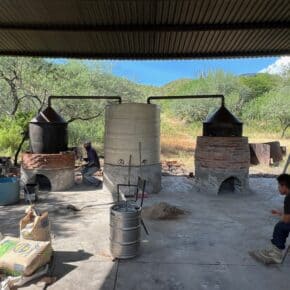
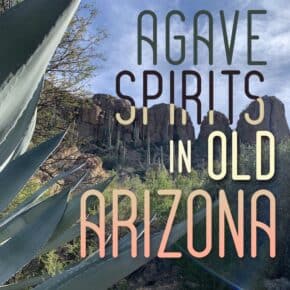
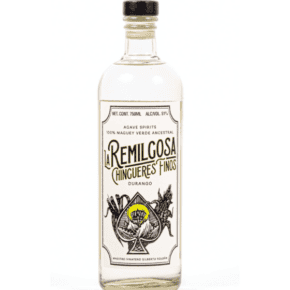
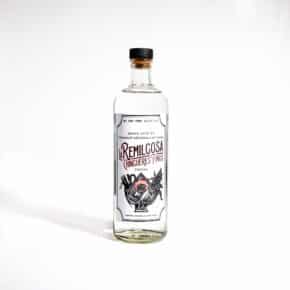
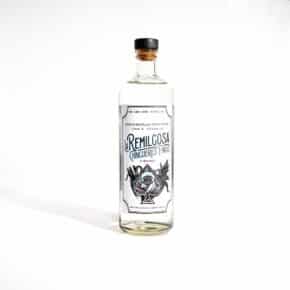






Leave a Comment